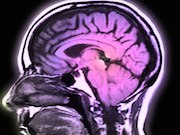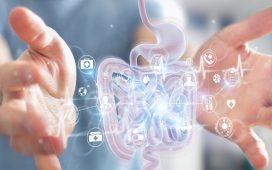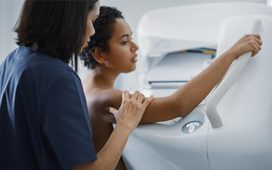Older adults have less angiogenesis, neuroplasticity; smaller quiescent progenitor pool in anterior-mid DG
THURSDAY, April 5, 2018 (HealthDay News) — Healthy older subjects display preserved neurogenesis, according to a study published in the April 5 issue of Cell Stem Cell.
Noting that aging humans are thought to exhibit waning neurogenesis and exercise-induced angiogenesis, with a resulting volumetric decline in the neurogenic hippocampal dentate gyrus (DG) region, Maura Boldrini, M.D., Ph.D., from Columbia University in New York City, and colleagues examined whole-autopsy hippocampi from healthy humans aged 14 to 79 years.
The researchers found that across ages, there were similar numbers of intermediate neural progenitors and thousands of immature neurons in the DG, equivalent numbers of glia and mature granule neurons, and similar DG volume. Older individuals had less angiogenesis and neuroplasticity, and also had a smaller quiescent progenitor pool in the anterior-mid DG; there were no changes in posterior DG in older adults.
“Healthy older subjects without cognitive impairment, neuropsychiatric disease, or treatment display preserved neurogenesis,” the authors write. “It is possible that ongoing hippocampal neurogenesis sustains human-specific cognitive function throughout life and that declines may be linked to compromised cognitive-emotional resilience.”
Copyright © 2018 HealthDay. All rights reserved.








